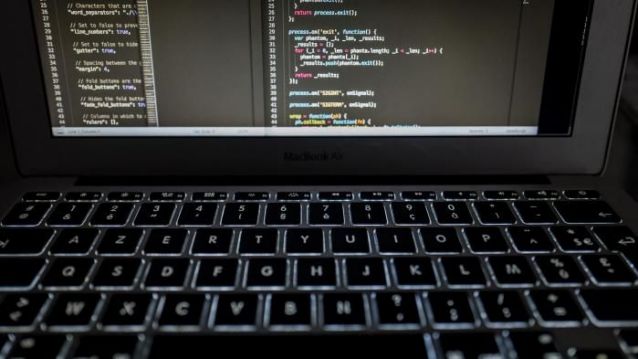
Computer security: Should we fear for 2021?
As soon as 2021 began, we observed in spite of ourselves that hackers are much more in leg.
That's why many computer security experts say we should be prepared for the worst. But isn't that an exaggeration? In a sense not really. Because it is much easier to consider the worst for 2021 and prepare accordingly. The mere fact of taking stock of the year 2020 shows that computer attacks and associated cyber-malveillance acts may not decrease in intensity. So we should be prepared.
This article will also interest you: 2021: Fearing future cyberattacks
Companies today are entering new phases in their digitization. Boosted by the coronavirus pandemic that has accelerated the development of remote collaboration, companies have never been so connected. This massive use of technological tools also has its drawbacks. The proliferation of computer attacks. "This forced digital transformation has opened many loopholes that hackers will continue to exploit in the coming months. In this context, there is an urgent need to anticipate these threats and deploy the right parades. says Eric Heddeland, VP EMEA Southern Europe at Barracuda. Indeed, "unprecedented growth in attacks. The reorganization of digital resources due to the transition to massive telework has created a real air appeal for computer attacks. In the last 9 months of 2020 alone, the number of malicious actions increased by 660%. The first containment generated huge security vulnerabilities. The breaking points were multiple: the shadow IT and the use of its personal hardware, the implementation of remote collaborative tools and the widespread use of data hosted in the cloud. ».
Another point that can be quite tricky for businesses can also be raised: data and cloud applications. According to security professionals, they present themselves as a new source of danger for organizations. "The migration of business digital resources into the cloud has increased dramatically in the space of a few months. The new mission of CIOs is now to create cloud configurations tailored to their business needs. The challenge is to set up spaces that are fully secure and capable of hosting all the organization's data. These will also need to be backed up. A first good practice is not only to question the size of the cloud but also to process other hosted items such as applications and data shared and produced by third-party customers. says Eric Heddeland. "A typical flaw in cloud configurations comes from the applications that are hosted there. These are indeed real gateways for pirates. In many cases, they are developed without being certified in terms of their resistance to attacks. He added.

This year will be a kind of test year to confront the compliance of applications on the cloud with the reality of security. But one thing that can be clarified with certainty is that the majority of companies do not have enough expertise to ensure this compliance in-house. This is partly due to the lack of financial resources to allocate professional services in this area. Yet this point is quite important. Hackers focus to break the last defenses.
As a result, businesses need to be prepared for any risks that could be related to cloud security.
"It is therefore necessary to take the lead in order to ensure that the risks associated with application hosting are at least controlled and in line with the company's overall security policy. There are alternatives for organizations that do not have sufficient internal resources. The first, which focuses on mid-sized structures, is to ensure that deployed applications consistently meet the security standards recommended by their cloud provider. They have certification and scoring criteria for these applications. The second, reserved for larger organizations, will be to use external firms that will be able to tailor solutions. Says Eric Heddeland.
Now access an unlimited number of passwords!